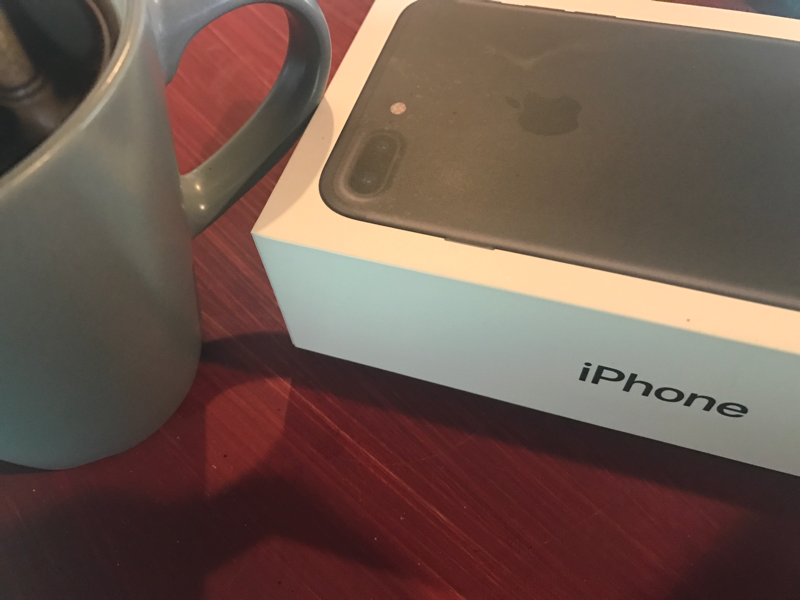10 years ago today, Steve Jobs introduced the world to a new thing — the iPhone. Even if you are familiar with the event, have seen the video, or were there, it may not occur to you how weak the reception was in that room, that day.
With remarkable style, Steve Jobs setup the context masterfully, and then said,
… we’re introducing three revolutionary products….
(Polite clapping and a couple whoops)
The first one is a widescreen iPod with touch controls.
(Cheers, whistles and clapping)
The second is a revolutionary mobile phone.
(The crowd goes wild!)
And the third is a breakthrough Internet communications device.
(Polite clapping, and a single whoop)
An Apple phone had been widely anticipated. Ever since the modest success of the Newton among the über-Nerd set, Apple fans were hoping the company would step into the phone market. The iPod’s success showed Apple could venture beyond its roots as a computer maker and bring the same attention to engineering and design to a new category.
But in 2007, phones were still phones, even when they were in your pocket, and even when they were “Smart.” Sophisticated devices from industry leaders like Nokia and Sony were still just phones with extra stuff tacked on, or at best, a Palm Pilot bolted to your phone.
Technology tends to define progress by features and performance sec97e4. So, in any class of device, making something better means making it faster, or smaller, or adding a camera, or a better screen, or new ports, or… whatever.
Everyone fascinated by technology knows that when enough changes, something new becomes possible. But seeing that possibility or understanding how that happens is very different from creating that new thing – the new thing that changes everything.
When technology improves 10x, we can do more. When technology improves 100x, something new becomes possible…
– Ed McCracken, CEO, Silicon Graphics
The personal computer changed everything. Not only did it launch a new industry, but it also changed the nature of business, work, and entertainment. It made possible everything from spreadsheets to the Skycam to home recording studios.
Advances in automobile engines, product design, pharmaceuticals, climate science, pilot training, and movie production were made possible by computer graphics —specifically the interactive kind pioneered by Silicon Graphics.
Mobile phones accelerated all of this. They required faster processors, faster cellular networks, better batteries, and better screens — all of it cheaper because of the massive volume of the mobile phone business. From this comes aerial drones, Snapchat, and watches that tell you when it’s time to stand up and walk around.
But people get stuck, in their minds, on the thing now. Is Snapchat ruining our relationships? Is Facebook a publisher? Did the internet kill the music industry?
Consider instead what’s possible. Social media will be here tomorrow. Musicians will make music, and music lovers will find them. My friends will see my photos of my funny animals. And no matter what your hobby or profession, you will find those people who share your passion, wherever they are. We will continue to build a global network of ideas and people.
I believe that this means we will become a little more aware of how alike we are, and a little more fascinated by our small differences.
Back to the iPhone: the crowd that day didn’t know what this thing would become. They heard Steve Jobs say the words , but they didn’t understand what they meant. None of us did. I wonder if even Steve Jobs knew what those words would come to mean.
Because “a revolutionary internet communication device” is exactly what the iPhone is, and now we know that. It makes possible new things — many that we have yet to imagine. Not just small devices and internet services, but also new art, new ideas, and new relationships and communities.
How will you use these tools? What will you build?

